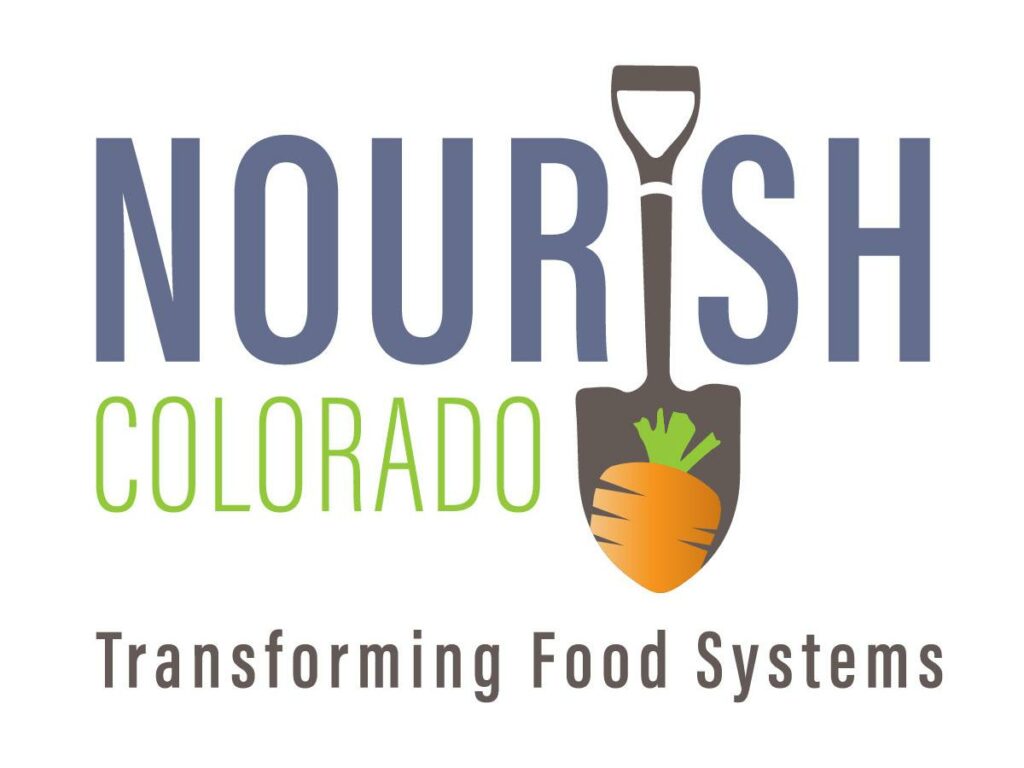LiveWell’s Director of Communications on equity, community, & work that makes a difference

Angelle Fouther joined LiveWell Colorado as director of communications earlier this year. In this role, Angelle leads communications strategies to engage LiveWell’s audiences and partners and advance its mission: to increase access to healthy eating and active living by removing barriers that inequitably and disproportionately affect low-income communities and people of color.
Prior to joining LiveWell, Angelle served as director of communications for The Denver Foundation. She has also served in leadership roles on the board of directors for Girls, Inc. Metro Denver, with Jack and Jill of America Metro Denver, and as a mayoral appointee to the Denver African American Commission and Blueprint Denver Task Force. She was the founding board chair of the Montbello Organizing Committee, and still serves on the board and as the retail and economic development task team leader. We sat down with Angelle to learn more about the experience and passion she brings to this work.
What drew you to work in the nonprofit sector, and eventually to LiveWell Colorado?
Earlier in my career I worked in the corporate world in Miami for a while, but my heart just wasn’t in it. Then I took a position working for a nonprofit developer addressing chronic homelessness, and I began to feel more in tune with my calling to help others through my work. I’ve been increasingly drawn to equity-centered work over the past 20 years. When I heard about the communications director opening at LiveWell, I was especially attracted to the position because of the organization’s emphasis on partnering with low income communities and people of color.

How have your personal experiences informed your understanding of equity issues?
As an African American woman I’ve experienced the extremes of inequity and discrimination, but in my life I’ve also walked alongside of incredible privilege and I recognize it’s not OK to allow unfettered privilege to continue while gross inequities persist and grow. That some starve while others engage in overindulgence is loathsome to me. Additionally, my husband, Reverend Dr. James E. Fouther, Jr., is a pastor who has spent the greatest portion of his ministerial career serving within poor communities. For the past 14 years, our church and home have been in Denver’s Montbello neighborhood, the city’s largest and most diverse neighborhood. We’ve raised our two daughters there and have learned a lot about the tremendous challenges Montbello residents face. It’s a community full of wonderful people with hopes and dreams, but also extreme disparities that create barriers to achieving those dreams.
What are some of the biggest successes you’ve seen throughout your community/equity work?
Four years ago I helped found the Montbello Organizing Committee (MOC) to address the challenges in our community. The organization was catalyzed by funding from LiveWell Colorado and The Denver Foundation. We began by engaging the community to determine the key issues and assets that existed in Montbello. The top three areas that emerged were transportation, retail and economic development, and community beautification/enhancement—so we developed resident-led task teams to address each issue area. Since then we’ve held hundreds of meetings to strategize around these issues with key stakeholders, decision-makers, and community leaders, including the mayor. We also started a community newspaper, raised significant funds to ensure MOC’s sustainability, received nonprofit status, and recently hired an executive director.
What are some of the biggest challenges you’ve experienced?
Whenever you’re working on social change you struggle with the chasm between idealistic goals and reality—whether it’s funding, policy, commercial interest, or any number of systems-related challenges, the reality of what (or who) we’re going up against can be tough to face. It can be discouraging, but there is nothing more discouraging than giving up or in. That’s why we have to keep fighting!
Speaking of idealistic goals, earlier this year LiveWell established its evolved mission, vision, values, and goals. Why is this evolution important for LiveWell’s work?
We have to constantly ask ourselves, and those with whom we partner and serve, “how can we be most helpful?” The revised statements better reflect our commitment to addressing the root causes of health inequity for those who are most affected by these issues. For example, our Double Up Food Bucks program helps a population facing a challenge that few people can understand: the struggle to provide enough food—let alone healthy food—for their family on a very limited budget. Double Up Food Bucks is just beginning its second year, and we’ve already seen tremendous impact for families like this across Colorado. It’s a growing movement that I’m excited to be part of.
